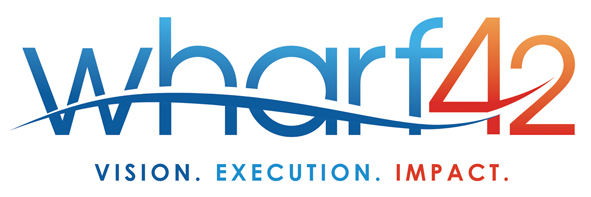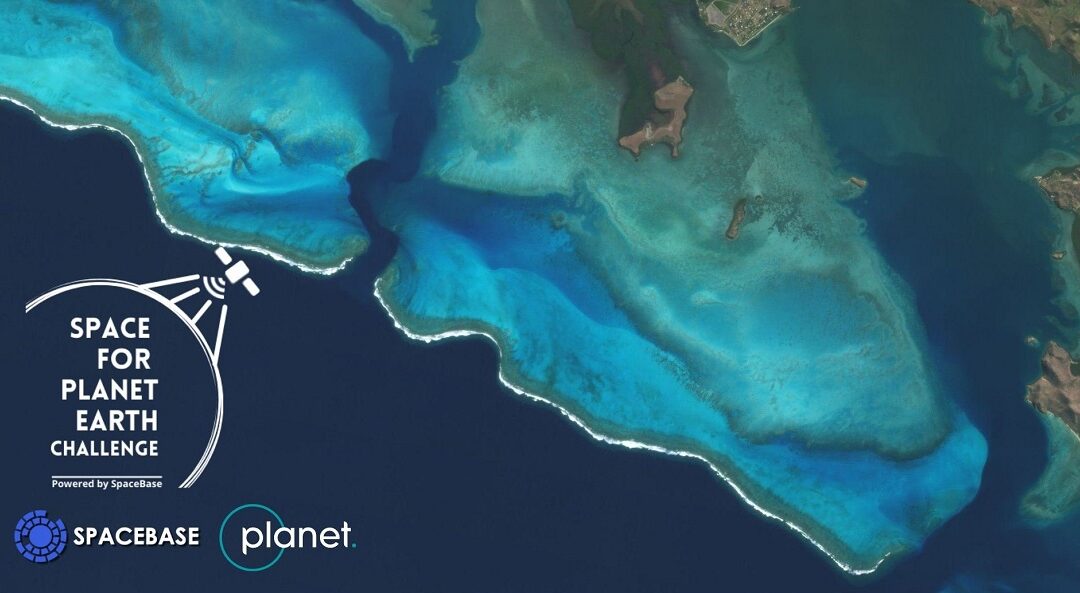As Wharf42 increases its focus on leveraging agrifood technologies to tackle both agricultural production and agrifood supply chain greenhouse gas emissions, we are delighted to be able to support this fantastic initiative as an ‘Official Collaborator’ with the team at Spacebase.
Spacebase, in collaboration with Planet has announced the launch of the Space for Planet Earth Challenge. The Challenge is seeking innovative ideas to address carbon sequestration and coral health in the region. You can join the opening kick-off event on 2 August in Christchurch (either in person, or via livestream). You can register your interest here.
The text below is taken from the Spacebase website. It resonates fully with Wharf42’s own values and mission to address our changing climate. A very sincere High 5 to Eric & Emeline for their enthusiasm and endeavour in supporting the build of New Zealand’s emerging space technology ecosystem. This Challenge is a great endorsement of that work.
A Climate Emergency
We are in a climate emergency. Without any intervention, the planet may be 4 to 5 degrees warmer by the end of the century, rendering much of the planet mostly uninhabitable with extreme weather, sea level rise, and mass extinctions of life. We have an urgent need to work together and engage a broader community of researchers and innovators in the region to address the problems created by climate change.
Today, we have unprecedented access to satellite remote sensing data and technologies that can help us better detect, monitor and measure these changes. The computational capability to analyze this data today is critical in making better management decisions and creating policies to reverse the damage caused to the Planet.
Leveraging Satellite Data
Satellite remote sensing has been the principal method of monitoring the impact of climate change. New satellite data, and wider access to computing and analysis tools, are enabling researchers to develop new solutions. Setting out a specific climate related challenge, with a deadline, would provide an incentive to researchers and innovators to translate research into practical tools and also encourage new teams to develop their skills to address these challenges.
The prize challenge can be used to reward successful advances in the state-of-the-art while creating opportunities for space education and outreach, and stimulate economic growth and development in the sector.
The Challenge
There are two challenges aimed at two levels; University / Startup &High School.
University/Startup Level
Carbon Sequestration
Using satellite data, in combination with other data sources, help develop verifiable methods to measure carbon sequestration on land and in coastal areas.
High School Level
Coral Health
Help improve the monitoring of coral health changes due to climate change using satellite technology.
Excited by the opportunity? Then tune in to the official opening on 2 August and register your interest here.

